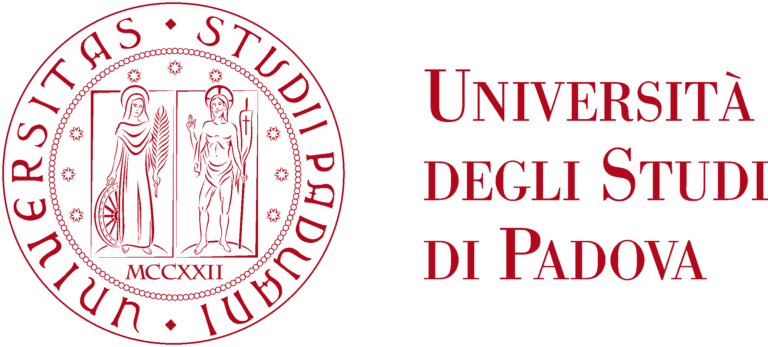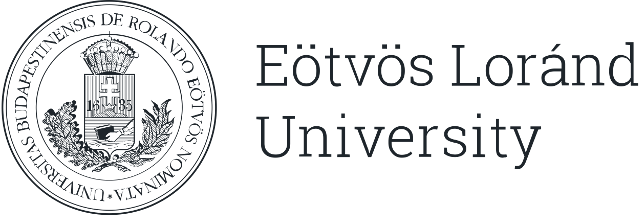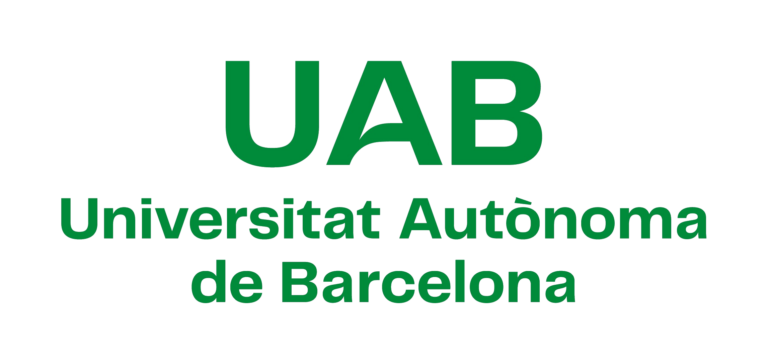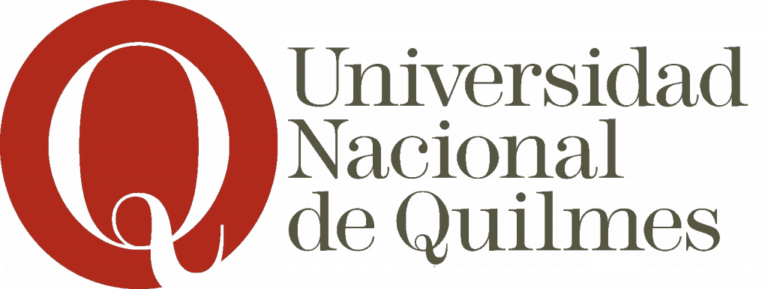Beneficiaries
-

University of Padova
-
Silvio C. E.
Tosatto
More
Full Professor at the University of Padova (UNIPD) and PI of the BioComputing UP computational laboratory. He is co-lead of the ELIXIR Data Platform, ELIXIR Cellular and Molecular Research priority area as well as the ELIXIR Machine Learning focus group. He is also the founder of the ELIXIR IDP Community.
Tosatto has more than 25 years of experience in bioinformatics and computational biology with the development of a number of predictive software tools (ESpritz, PASTA, RING) as well as IDR databases (DisProt, MobiDB, PED). Over the years he chaired numerous initiatives and international projects including the NGP-Net COST Action, the IDPfun and REFRACT MSCA staff exchange projects and a number of ELIXIR implementation studies. Other relevant projects include WP lead roles in the Twinning projects PhasAGE and IDP2Biomed, INFRA-DEV projects ELIXIR-CONVERGE and ELIXIR-STEERS as well as task lead in INFRA-EOSC project EVERSE.
UNIPD
-
-

Eötvös Loránd University
-
Zsuzsanna
Dosztányi
More
Senior research fellow and the PI of the MTA-ELTE Momentum Bioinformatics group at Eötvös Loránd University (ELTE). Her research is focusing on understanding the structural and functional properties of intrinsically disordered proteins and their involvement in various diseases. She developed the IUPred and ANCHOR methods, some of the most widely used prediction methods for disordered proteins. Dr Dosztányi co-lead the ELIXIR IDP Community between 2018 and 2022. She actively participated in various IDP related international collaborations, including IDPfun, the COST Action NGP- Net and the currently running ML4NGP, as well as the IDPro MSCA-DN project. She is the coordinator of the IDP2Biomed Twinning project, which started in 2024.
ELTE
-
-
Centre national de la recherche scientifique
-
Nathalie
Sibille
More
Leader of the team “Structure and function of highly flexible proteins” at CBS, is an expert in structural biology of IDPs. She has an extensive track record on NMR, SAXS, modelling of complexes involving IDPs, as well as in the structural and functional impact of phosphorylation on IDPs. The team benefits from a long-term connection with Andrey Kajava’s (Scopus: H-index: 50, citations: 9,455) group at CRBM and with Juan Cortés (Scopus: H-index: 30, citations: 2,549) at LAAS.
Together, they have developed bioinformatic and computational tools for characterising the function and structural ensembles of IDPs involved in various diseases.
CNRS
-
-
Johannes Gutenberg-Universität Mainz
-
Miguel
Andrade
More
Full Professor at the Johannes Gutenberg University of Mainz (JGU). He leads the Computational Biology and Data Mining group, which develops and applies computational methods for the prediction of gene and protein function based on sequence and protein structure analyses. The group has a focus on studying the function of non-globular proteins, including disordered regions, compositionally biased regions, short repeats and structural tandem repeats.
Prof. Andrade is a co-applicant of the REFRACT MSCA staff exchange project and contributes to the Scientific Advisory Board of COST Action “ML4NGP – Non-globular proteins in the era of Machine Learning.
JGU
-
-

European Molecular Biology Laboratory
-
Henning
Hermjakob
More
Henning Hermjakob’s team provides a broad portfolio of key resources for network biology, ranging from molecular interactions (IntAct) and complexes (Complex Portal) via curated pathways (Reactome) to systems biology models (BioModels) at the highest level of abstraction. Supporting the domain-specific resources, his team develops broad-scope data infrastructure resources identifiers.org, Omics Discovery Index, and EBI Search.
EMBL-EBI
-
-

Universitat Autònoma de Barcelona
-
Salvador
Ventura
More
Full Professor and PI at Universitat Autònoma de Barcelona (UAB) and former Director of the Institute of Biotechnology and Biomedicine at UAB. His group integrates computation and experiments to study protein folding and aggregation. Over the years, the lab has developed over 15 computational tools to study these phenomena. He has published 291 articles, supervised 19 PhD thesis and issued 17 European Patents. The group holds permanent collaborations with the pharmaceutical and biotechnology industry.
He is co-Founder of the Spin-Off EUREKA NanoBioengineering. Member of the Scientific Advisory Board of COST Action “ML4NGP – Non-globular proteins in the era of Machine Learning. Among others, he has received the ICREA-Academia, Manuel Rico, and Narcis Monturiol Awards.
UAB
-
-

Vrije Universiteit Brussel
-
Wim
Vranken
More
Full Professor and PI of the Bio2byte at the Vrije Universiteit Brussel (VUB). His research focuses on unravelling physical and chemical principles underlying protein behaviour from statistical information, typically from NMR for proteins in solution, to then predict their behaviour and to relate this to biological function. These principles are applied in protein design in predicting the effect of amino acid mutations. Prof. Vranken has extensive experience in coordination of national and international projects, including MSCA ITN/DN (RNact, PROHITS).
VUB
-
Partners
-

Universidad Nacional de Quilmes
-
Gustavo
Parisi
More
Full Professor in Biochemistry at Department of Science and Technology, at the Universidad Nacional de Quilmes (UNQ) and Full Professor in Bioinformatics at Department of Biological Sciences, at the Faculty of Exact Sciences, UNLP. He is a permanent researcher of CONICET. He is the Director of the Chemistry and Computational Biology Lab at UNQ whose main focus is the research in protein dynamics and evolution. He also leads the Structural Bioinformatics group devoted to protein evolution, protein conformational diversity and dynamics and to explain the molecular basis of diseases.
UNQ
-
-

Universidad Nacional de La Plata
-
Antonio
Lagares
More
Full Professor in Biotechnology and Molecular Biology, Department of Biological Sciences, at the Faculty of Exact Sciences, Universidad Nacional de La Plata (UNLP). He is a permanent researcher of CONICET. With experience in leading initiatives and projects from national agencies (PIP, and PUE, PICTs) as well as from international sources (Alexander von Humboldt Foundation, DAAD, OEA, and the European Community in 1994–1998 and 2009–2014 FP7). He is currently the Director of the Institute for Biochemistry and Molecular Biology (IBBM), UNLP-CONICET. Lagares group investigates key events and molecules for prokaryotes to associate with their eukaryotic hosts.
UNLP
-
-

Universidad Nacional de San Martín
-
Lucía Beatriz
Chemes
More
Associate Professor at Universidad Nacional de San Martín, Group Leader at Instituto de Investigaciones Biotecnológicas and a Permanent Independent Researcher at National Research Council (CONICET). Dr. Chemes is Vice President of the Argentinian Association for Bioinformatics and Computational Biology and Chair for the US Biophysical Society IDP Subgroup. Her group focuses on understanding sequence-structure-function relationships for intrinsically disordered proteins (IDPs) and pioneered studies on the evolution of short linear motifs and disordered regions that act in tethering, specifically for pathogenic -viral- IDPs.
Her group contributes to the curation of disordered regions and linear motifs for the reference databases DISPROT and ELM and her work was featured in Best of BMB 2022 (ASBMB).
UNSAM
-
-

Fundación Instituto Leloir
-
Cristina
Marino-Buslje
More
Director of the Bioinformatics Unit at Fundacion Instituto Leloir (FIL) and head of the Bioinformatics group. She is Principal researcher of CONICET and Full professor at the ITBA Bioingeneering University. Dr. Marino has extensive experience in the study of the sequence, structure, dynamics, evolution and function of proteins. She has contributed more than 60 papers to the area and led numerous projects funded by national and international organizations. The group has experience in studying protein structure from various angles, developing bioinformatics tools, databases, servers for analysis and visualization of protein features, as well as function annotation protocols, among other things. Currently, she has focused her research on disordered and liquid-liquid phase separation proteins and their relation to diseases.
FIL
-
-
Universidad Nacional del Litoral
-
Georgina
Stegmayer
More
Assistant Professor in Artificial Intelligence, Informatics Department at the FICH Faculty, Universidad Nacional del Litoral (UNL). She is Principal Researcher of CONICET. She has experience in leading several projects funded from national agencies (CONICET and ANPCyT). She is currently the head of the Bioinformatics Research group at SINC Institute, UNL-CONICET. Prof. Stegmayer has more than 10 years of experience in the development of machine learning models in bioinformatics. The group has experience in the design of novel deep learning models and algorithms for biological data fusion, integration, and knowledge discovery, in particular regarding predictive software tools for protein function annotations.
UNL
-
